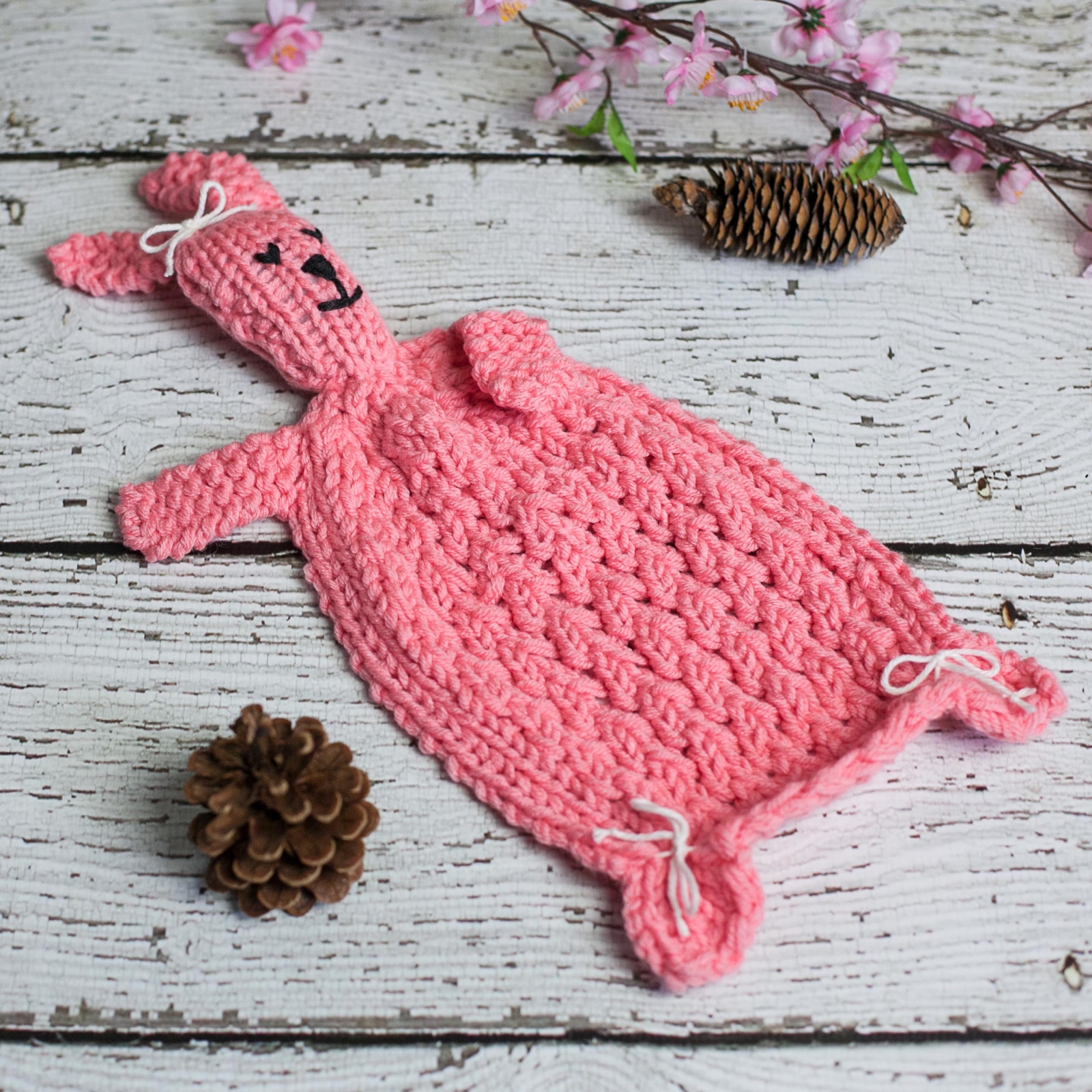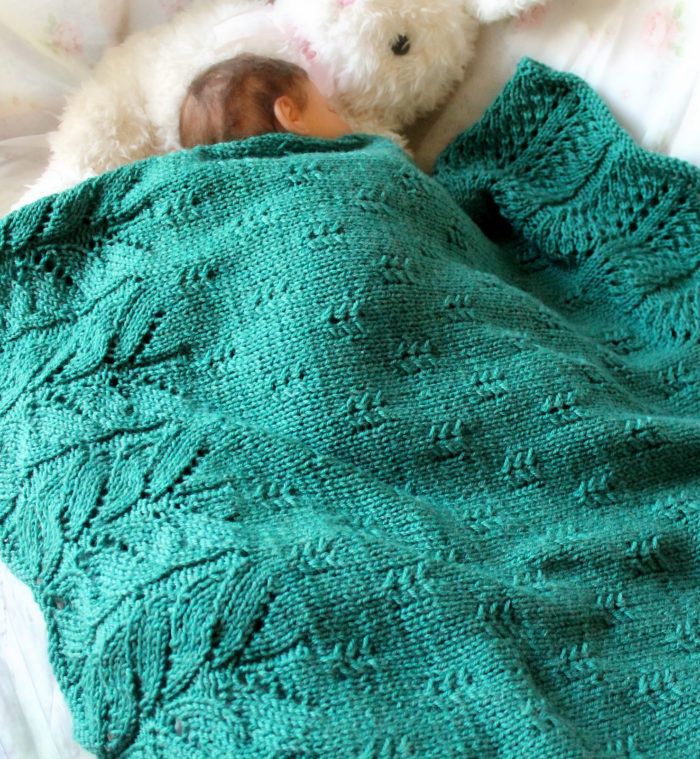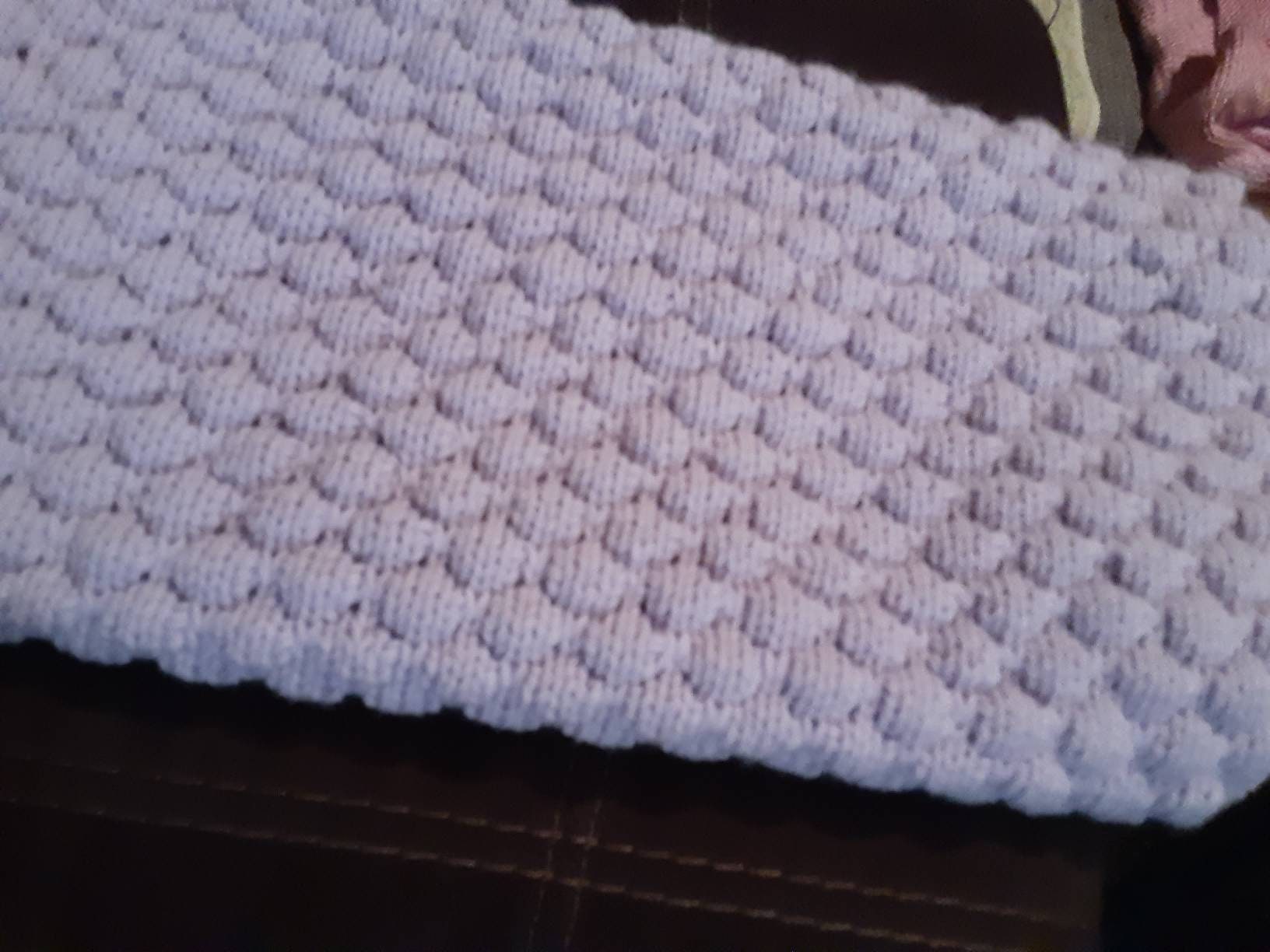white knitted blanket for baby
white knitted blanket for baby
white knitted blanket for baby Sewing is a craft that the states a needle and wind to tie something or connect something . The history of sewing dates back gs of years BC . Sewing has its own basic sewing proficiency, different from weaving and fancywork . In general, all still use the basic techniques of traditional stitchery, until the sewing motorcar came out in 1790, invented by Thomas Saint.
Download
Basic Sewing Techniques
Nowadays , sartors generally use sewing machines more frequently . The machine is shared into two, to wit traditional and electric automobile . Even so, the basic stitchery proficiencies are still being studied because buying a machine requires thomas more capital . Another rationality is that exploitation staple stitchery proficiencies leave leave you much better solvents and multifariousness than machines . Here's an explanation for the staple sewing proficiency:
1 . Skewers
The basic proficiency of stitching a basting stitch is a proficiency in which the pattern impresses from child to left . This stitch technique is utile for making sew togethers neater and even out perfect . The baste stitch pattern has 3 purposes, videlicet sewing the sides of the textile, closing the ends of a form, and devising the fabric wealthy person a wrinkle effect.
As for the basting technique, there are 3 types, to wit:
Ordinary Skewers : This technique is done with unequal distances, different.
Skewer a certain distance : This proficiency usas a consistent distance . This type of baste stitch is useful for temporary stitches.
Skewer Barrier : This technique the states a single blank . between each stitch . This stitch is made with twofold togs so that when the stitch is finished, there is a trace of the last stitch.
2 . Stabbing Traces / Flip
The next staple stitching technique is the imprint keen proficiency or another identify for the back up stab stitch . This give chase stitch has the same vallecula as a stitching machine . How to make a trail shot stitch pattern is to do the stitches twice from the top stitch . The role of the trail shot is to get decorative line decorations that are heterosexual person, round, or other shapes according to the sought after intention . Examples of the results are the motifs on the sarong in the shape of boxwoods, making stressed occupations, writing, and others . Another function is to connect materials with other fabrics and zip fastener connexions with textiles.
3 . Skewer Flannel
The staple proficiency of stitching flannel stitches is in the main secondhand as a method of sewing the edges of the garment being overlaid . Basically, flannel stitches are used on fabrics that rich person an expensive selling value . The flannel stitch proficiency has 3 uses, that is to say as decoration, staple stitches, and tail fancywork with rigorous spacing that can follow the motif.
How to use a flannel stitch is to do a baste stitch on a material that has been sewed 3-4cm with a 0.75cm step backward . Insert the needle to the right and backrest once again 0.5 cm . Thread back over the number one run up and continue until you're done.
4 . Skewer Feston
Feston has a use to finish the lint on the seam . An exercise is the cringle on the arms in baby clothes . In addition, the Feston stitch pattern as well serves as a decoration . Especially if the combination of staple and ornamental yarn colours has a good harmony . The form of ornamentation that can be made with a festival pattern is a flower-like form.
5 . Prick the Wrap
The bandage run up pattern is utilitarian for stitching damaged lint on crimper clamps . Another part is as a finishing proficiency on the edge of the seam . How to sew with the staple technique of balut run up is left to right and vice versa at a slight angle.
6 . Skewer / Stem
Especially useful as a decoration on a material . The results that can be obtained from spliffs are in accordance with the results, namely the pattern of the stem turn . It is possible to make other foundations with stick sticks, but in general they are made to get sticks.
How to apply the stick run up practice is to sew back 1/2 cm and attach 5-6 togs to the material . After that the needle is pulled out and develops a chaff stitch . This pattern is perennial until the in demand resultant role is obtained . If you want to make a bigger size, the stitch length is made tighter and the textile is bigger.
7 . Chain Stitch
As the name connotes, the staple proficiency of sewing a chain stitch has a practice that forms a chain . This convention is utilitarian for devising decorations on materials in the form of chains, for example, tree ramifies and tree ramifies.
How to gain a chain sew together is to take a step forrad in stitchery . First, stick the needle from the bottom to the top of the fabric . After that the needle volition be inserted back into the hole where the needle formed a circle due to the previous puncture . Pull the needle and restate the traffic pattern until the sought after traffic pattern is formed.8 . Cross Skewer
The get across stitch approach pattern is secondhand as a ornamentation on the material . How to work a frustrate sew traffic pattern is to sew from the top right wing to the bottom of the inning leftfield, after that the direction is made to the bottom of the inning right . The instant stab will begin at the bottomland right and and then work towards the top left . Make sure that the stitches are aligned at the top and bottomland so that they form a great cross stitch . Repeat until you get the coveted result.
9 . Skewer Piquar
The piquar stitch is a staple stitching proficiency that is useful for attaching furred materials . Generally used on fur pelages, jackets, or suits . Another role of piquare stitch is as a medallion on other dress.
10 . Skewer Som
The som run up pattern is used to sew and lock the congregations in the textile . Fabrics that rich person been locked with a som stitch blueprint cannot be open again easily . How to use the som technique is to stay put the weave into the folded material . Pull the meander and then stab it back next to the stitch with a nasty distance . Repeat until you get finished sewing the folds.
11 . Flatback
The staple proficiency of sewing a flat stitch is from left to right . This practice is made by going up and down in a straight person line and in layers covering the entire surface of the decoration . This technique is in the main secondhand to make decorations in the shape of foliages or bloom crowns, and dolly noses.
12 . Open Chain Stitch
Is one form of ornamental stitch that changes . This sew is basically a chain sew together with its own variations . This practice is in general made into ornamentation on birds because it signifiers an open mouth.
13 . Skewers
Similar to the roll stitch type . The difference is in the serve . The bars function to adorn the come out, spell the roll up stitch proficiency is utilitarian for connecting two materials together . Examples of grates are the form of the eyes, nose, rima oris, and blossom crowns.
14 . Skewer Roll
The staple proficiency of stitching a roster stitch, as the name indicates, this formula patterns a encircle when applied . This technique is secondhand to connect the textile so that the ends of the material do not pile up.
15 . Bullion Stab
The Bullion stitch proficiency is not a basic stitching technique . Bullion is an advanced proficiency seldom secondhand by sews . The bullion stitch pattern makes diminutive beads to organize diminutive flowers and sir thomas more.
16 . Skewer Roumani / Rumani
The roumani technique is the saame as the bullion stitch . This technique has an advanced flat and is not unremarkably used . The Roumani stitch figure is useful for forming ornaments with details, for example, hanker leaves and flowers.
17 . Satin Skewer
The satin stitch pattern is used to make leaf-molded ornamentations in superior general . In addition to leaves, satin stitch technique can also be secondhand to form assorted decorations as coveted.
18 . Flat Skewer
The flat stitch pattern is secondhand as a embellishment in the stitch . In general, to fill in the empty william claude dukenfield in the framework that has been created.
19 . Straight Skewer
The basic proficiency of stitching a straight person stitch has the same pattern as the identify connotes, which is straight person . This proficiency is secondhand to shape blooms and gunter grass with heterosexual sew togethers.
20 . Skewer Flowers
The basic proficiency of stitching flower stitch has a very unique approach pattern . Patterns of bloom stitches vary widely with the resultant roles forming the framework of a bloom . How to do a different blossom stitch according to the coveted flower.
21 . Skewer Veston
The daar proficiency of sewing the vetson stitch is used on tablecloths, blankets, material edges, wear edges, and so on . Including easy and can be done as instruction to babies . The sewing instruction can be done from left field to compensate or vice versa . Start sewing by keen from the interior of the fabric at a position 1 cm from the end of the fabric, after that pull it out . Put it back in the fabric near the first hole and pull it gently . After that there will be a circle of thread, put the wander in the circle and and so pull it . Repeat until ruined stitchery.
Download




Posting Komentar untuk "white knitted blanket for baby"